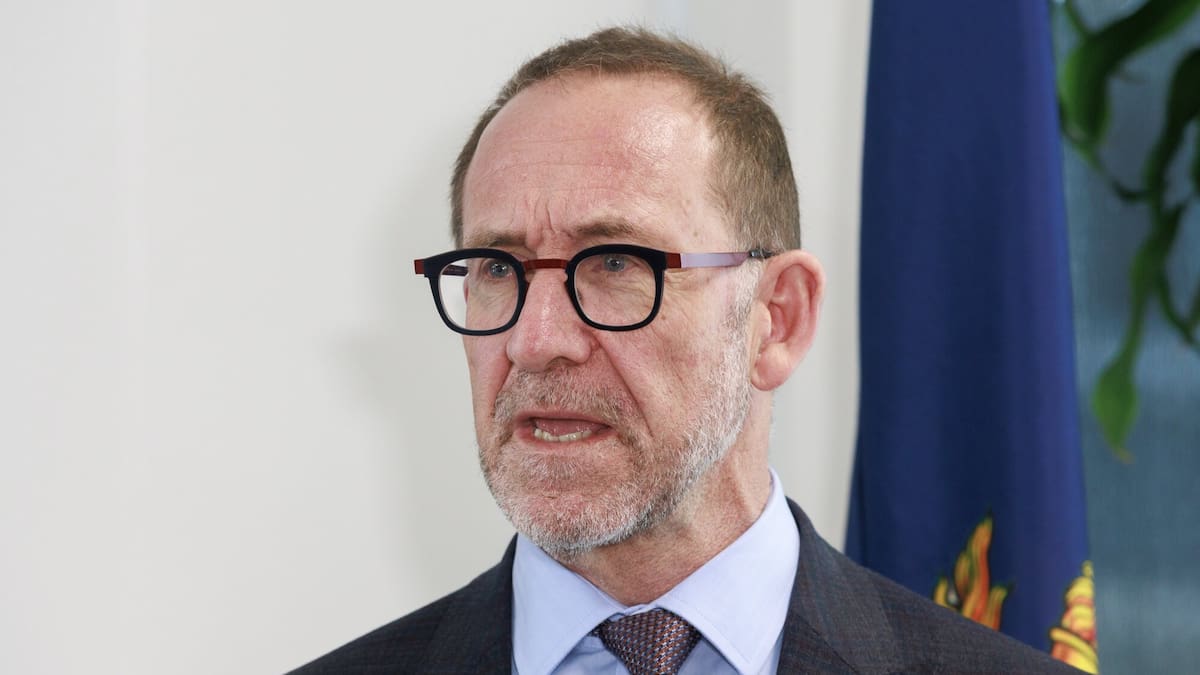But in August, the council voted against a $7 million proposal to urgently put fences up around Wellington’s waterfront.
A new council has since been elected, helmed by Andrew Little.
On Monday, Little posted a video on social media announcing that the fencing was coming down, standing on the waterfront.
This prompted an email from Sandy Calkin’s father, Roger Calkin.
“I find it sickening that you have used the spot where the body of Isaac Levings was recovered from the water to choose to make a Facebook video celebrating the removal of the temporary fencing,” Calkin emailed.
“Your choice to shoot this video in that place is a just a further kick in the teeth to victims and their families. Do you have no empathy or understanding of the situation at all?”
Calkin said the video showed a complete lack of judgment.
“He could have just gone online and made his announcement anywhere. He didn’t have to do it in a place that is likely to offend people,” he said.
In a statement, Little said what happened to Calkin’s son was a tragedy and had his sympathy.
“Wellington City Council has made a number of significant improvements, including lighting, and will continue to invest in safety along the waterfront.”
Little said it was time to take down temporary fencing and open up the city’s waterfront again.
He said a permanent solution was still being explored for the Kumutoto and Queens Wharf precincts, which were higher risk, but he said in front of Frank Kitts Park and around Te Papa there was already a wide path.
“Part of visiting Wellington is to be able to go down to the waterfront, enjoy Frank Kitts Park, enjoy those areas around Te Papa, and so you want people to enjoy that, enjoy what that amenity is.”
But he said people also needed to be safe in those areas.
“That area around Queens Wharf and Kumutoto, that is an area where we need to pay some attention and create a long-term solution.”
Little said temporary fencing could also be put back up for big events.
Calkin was disappointed the council was not following through with the coroner’s recommendations to prioritise safety balustrades on the waterfront.
He said many people such as the elderly, parents with children, and some disabled people felt unsafe along the waterfront.
Calkin also didn’t think putting temporary fencing back up for big events would address the safety issue.
“It’s not when major events are going on that people are dying. It’s when people are going down [to the waterfront] by themselves, following the supposed safe routes that the city council have told them to follow to get to places like the railway station.”
-RNZ

